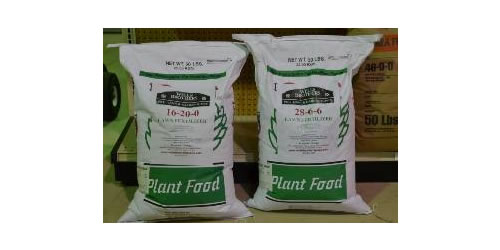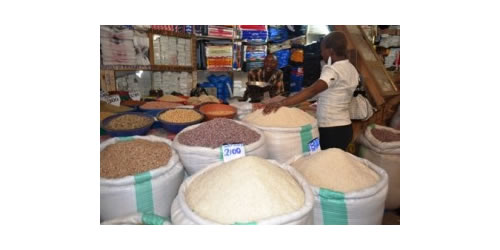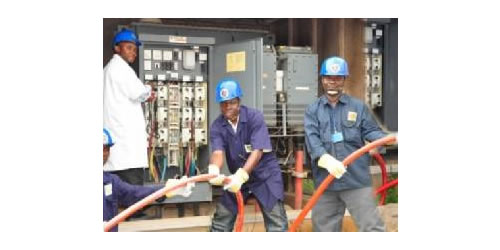Gov’t moves to incorporate organic fertiliser in agriculture

A stakeholders’ consultative meeting has been held for compost and organic fertiliser producers in Accra, as part of the government’s moves to incorporate organic fertiliser in the fertiliser subsidy programme for farmers.
The one-day meeting, held on Monday by the Ministry of Food and Agriculture (MoFA) and sponsored by the Accra Compost and Recycling Plant, was aimed at identifying the best way to organise the industry of compost producers to effectively and efficiently promote organic and compost materials in agriculture production.
The Chairman for the meeting, Mr Emmanuel Asante-Krobea, who is also the Director of Crop Service, MoFA, said the ministry was prepared to engage the industry on a daily basis, to make sure that its aim of attaining sustainable agriculture production through the use of organic fertiliser was achieved.
“I am saying this because as a ministry or government, there is little we can do, if the private enterprises who are entrepreneurs, who have already taken the lead in setting up systems and manufacturing plants to produce organic
fertiliser, do not come to the forefront,” he stated.
“In Ghana because of our vegetation and climatic condition, we have downplayed the use of organic materials in our agricultural system and have assumed that the condition would continue,” he said.
Mr Asante-Krobea said farmers rather destroyed the nutrients in the soil through burning, and then reintroduced inorganic fertiliser to supplement the nutrients.
However, he said it was the government’s wish to better the efforts of the farmers and lessen the burden on them through the rising cost of inorganic or chemical fertiliser and also to ensure food security in the country, that the fertiliser subsidy programme was introduced in 2008.
“Inorganic fertiliser is not the only means to replenish the fertility of the soil. The best means for replenishing the fertility of the soil is putting back organic material, which is being lost from the soil,he said and added that the continuous use of inorganic fertiliser was also inimical to the fertility of the soil.
The Israeli Ambassador to Ghana and Guest of Honour at the meeting, Mr Ami Mehl, described Ghana as a haven for agriculture that could feed the whole world because it had the technical know-how and the actors.
He indicated that Israel was ready to share their knowledge on the use of organic fertiliser with Ghana, stating that although the know-how was good, it was of no use if it was not shared.
In line with that, a compost expert from Israel, Mr Raanan Adin, is in the country to hold a four-day training for staff of the Accra Compost and Recycling Plant (ACARP) and other stakeholders interested in the training this week.
Dr Richard Amponsah, the Managing Director of ACARP, asked compost and organic fertiliser producers to come together to present a formidable front with a strong voice to properly engage with the government and also build on their capacity, as well as quality, to be able to meet farmers’ demand.
He said it was cheaper to use organic fertiliser because a 50kg bag of inorganic fertiliser cost about GHC120 and when subsidised could come to GHC100, whereas the same weight of organic fertiliser or compost cost GHC25.
Source: Graphic.com.gh





